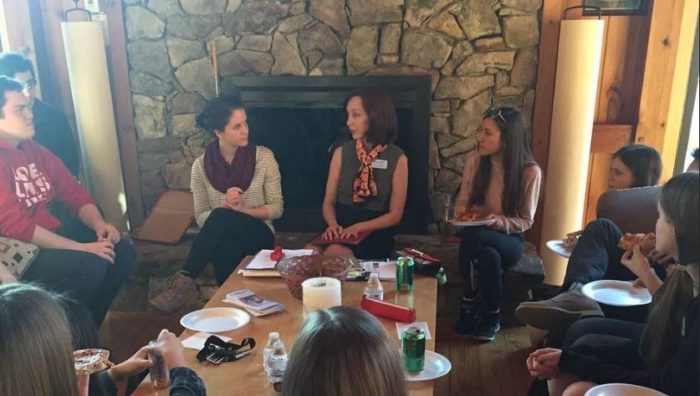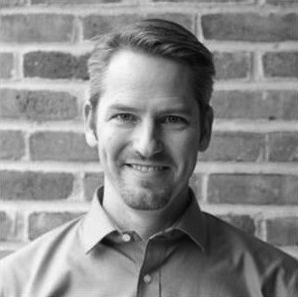What Motivates our Ambassadors?
We asked this question of several Ambassadors across the nation, and here’s one story:
A few years ago was the first time I came face to face with human trafficking. My family had the opportunity to live in Italy for my husband’s work. I began to notice women standing by the side of the road and learned they were from other countries, and had been promised jobs in hospitality. They were now being forced into prostitution. Discussing this with several friends, we were heartbroken by the day-to-day reminder of these women standing by the road, but we weren’t sure what we could do to ease their suffering.
At a regular appointment, my doctor said she had found something wrong with my throat. We flew back to the United States for a few weeks for surgery and planned to return to our beautiful new country we called home. Arriving in the United States, I was diagnosed with Stage IV cancer and told that I would need to undergo surgery and seven weeks of aggressive chemotherapy and radiation. We were told the survival rate for the type of cancer was twenty-eight percent. We would never return to our home in Italy or be able to say goodbye to our friends.
 I went through the treatment surrounded by love and support from our friends and family. They cared for our son, moved our things back from Italy and encouraged us during my treatment. It was a great celebration when after several months, I was declared cancer free. However, the road to recovery was far worse than we had anticipated. I felt like my world had turned upside down as I lost my voice and my ability to swallow. I was in a lot of pain and frustrated because I couldn’t communicate.
I went through the treatment surrounded by love and support from our friends and family. They cared for our son, moved our things back from Italy and encouraged us during my treatment. It was a great celebration when after several months, I was declared cancer free. However, the road to recovery was far worse than we had anticipated. I felt like my world had turned upside down as I lost my voice and my ability to swallow. I was in a lot of pain and frustrated because I couldn’t communicate.
I leaned heavily on my relationship with God and struggled to learn to speak and eat again, praying for guidance on what to do. In the silence of my new world, my mind kept going back to the women that I had seen trafficked in Italy. I read about the issue of trafficking and was horrified to learn that our own children were being bought and sold in the United States for sexual exploitation.
Although still unable to speak, I was outraged and determined to do something about the issue as soon as I had the strength. Over several months, as I began to recover, I also began volunteering with an organization that provides employment for women who have overcome situations like trafficking and domestic abuse. I wanted these women to feel as supported and loved and encouraged as I had during my darkest time. Then, the unthinkable happened. After a surgery attempt to restore my ability to swallow, I woke up in the ICU with a tracheotomy and breathing with the aid of a respirator.
I felt defeated when I lost my voice for a second time and had to learn to speak again. Leaning on God, I pushed through a very long and painful recovery. I was driven by a determination that now, more than ever, I would give a voice to those who could not speak.
As soon as I regained my voice, I began speaking to educate others about domestic minor sex trafficking. I am honored to serve as part of a nationwide network of Ambassadors of Hope and grateful to Shared Hope for equipping us with the resources to spread awareness in our communities. My story isn’t about cancer. I believe God restored my voice to speak for others who cannot. And I won’t stop.
Shannon Langford, VA Ambassador of Hope
How can you use your voice to let YOUR story be heard and motivate others to support the work of Shared Hope International?
You can help us raise funds for Shared Hope and the Ambassador Advocacy Program as our first line of defense against traffickers and abusers! Protect the young women and children in your life and community and #ShareYourPassion! Our goal for the fundraiser is to raise $15,000 by June 10th.
Did you know that last year our Ambassadors reached over 21,000 people! Let’s recruit Ambassadors and reach 50,000 people in 2016!
Get started today and #ShareYourPassion by clicking HERE!
Thank you for working to raise funds and friends!









